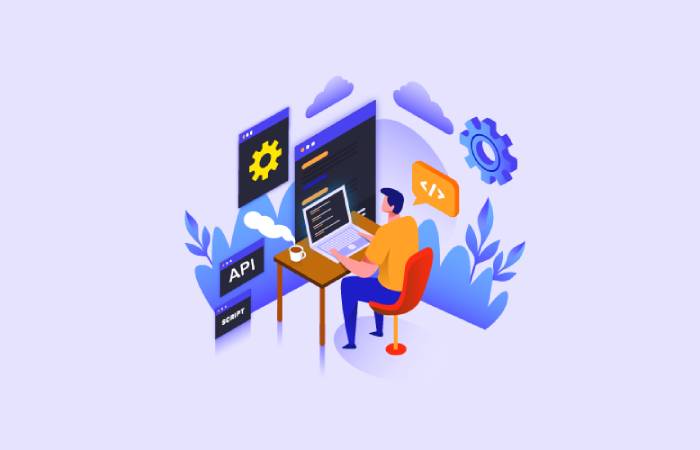Table of Contents
Introduction
Extract Data from Google Searches has been in utilization for a prolonged period. People find immense help in web scraping since it offers them the opportunities to conduct search engine optimization, develop marketing strategies, set up an e-commerce business, and also develop better products. Google search API is being used by billions of people across the world.
With its help, it has become a cakewalk to perceive customer behavior across every region and country. Tonnes of organizations invest money in scraping through SERP API. Scraping Google search results can be performed in different ways like python, with the help of Google search API, and even without coding. Let us talk in detail about all these approaches, and which would suit you the best.
Google Search Result Scraping Through Python
Python is a well-known programming language that is also used to scrape google results. Regardless of what programming knowledge you have, you can scrape it with the help of Python. All you need is a slight idea of coding. Start by installing Python on your computer. Post installation of Python, install two modules – bs4 and requests. bs4 or Beautiful Soup. Beautiful Soup is a python library that pulls data out of HTML and XML files.
This module permits you to deliver HTTP requests to the website. The module installation can be performed through the following commands:
- pip install bs4
- pip install requests
Post installation, start by importing the beautifulsoup and requesting libraries. Create two strings with the prevailing Google search URL, ‘https://google.com/search?q=’ and the customized search keyword. Emphasize these two strings for receiving the search URL. Fetch that URL data by utilizing the requests.get(URL), gather it in a variable, request_result.
Generate that string, and reserve the result of the gathered request by using request_result.text. Now, we utilize BeautifulSoup for examining the extracted page. Though we can take any object for executing those operations, beautiful soup has numerous in-built features for scraping the web. A soup object has been created first using the beautifulsoup from the request-response. To acquire all the important headings of the search result, you can do ‘soup.find.all(h3)’, repeat through the object, and print it as a string.

Extract Data from Google Searches API
Another method of acquiring results is through SERP API tools. These are software applications generated to accumulate scraping results easily in real-time. They are functioned in a way to handle a vast quantity of requests, and the responses can be retrieved in HTML, JSON, or CSV format. With the help of these API tools, it becomes convenient to set the proxies, resolve captchas, and analyze every kind of premium structured data from Google searches. Post this, you will be able to receive data containing every detail like link, title, description, data, and also the SERP position.
Web Scraping Through Other Sources
Extract Data from Google Searches – It is true that phenomena like Google Maps API, Google Trends API, Geocoding APIs, and more, might appear complex to non-technical audiences. Therefore, developers resolve the problem by offering no-code products having a more adaptable interface. Some of the products are:
a) Browser Extensions
If you are looking for a straightforward approach to scraping Google apart from Google search results API, then using browser extensions might be ideal. People who are oblivion of extensive coding will be greatly benefitted from using the browser extension it doesn’t even mandate the need for an exclusive app for installation.
Despite their manageable nature, browser extensions lend powerful JavaScript rendering capabilities. This permits the scraping of zestful content. To secure data of this sort, you are required to utilize the extension’s point-and-click interface – Hold on to the page element and the extension will download it. This is perfectly useful for no-code users working on small-scale projects.
b) Visual Web Scrapers
This one sembles browser extensions quite a lot. Visual web scrapers are primarily loaded as singular programs that put forward an uncomplicated scraping infrastructure. Though, it is quite a hard-work for both visual web scrapers and browser extensions to process pages with deviant structures. This one is also suitable for small-scale projects and can be used by someone having little knowledge of coding.
c) Data Collection Services
Often regarded as the most robust alternative of Google Search API, all you need to do is define the targeted websites, data, and deadline. In return, you get clean data all ready for instant use. The data collection services are all prepared to handle your technical and managerial issues. One thing to note is, this method might be on the expensive side.
As can be understood from the methods, there are numerous ways to scrape google search results. It all depends on your requirement and which one you wish to work on. It is always recommended to check different API providers who will offer you some of the finest features as well as guidance.

![Best Way to Extract Data from Google Searches [2025]](https://www.computertechreviews.com/wp-content/uploads/2022/11/The-Best-Way-to-Extract-Data-from-Google-Searches-1200x675.jpg)